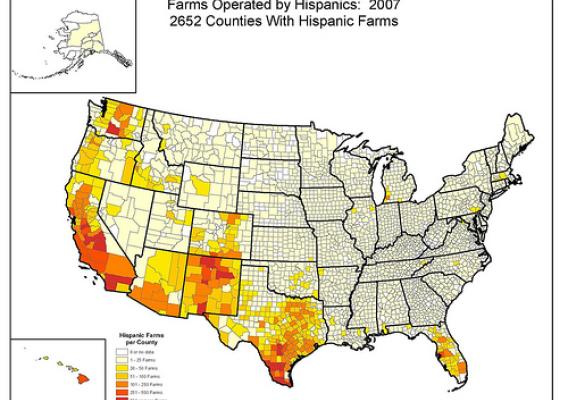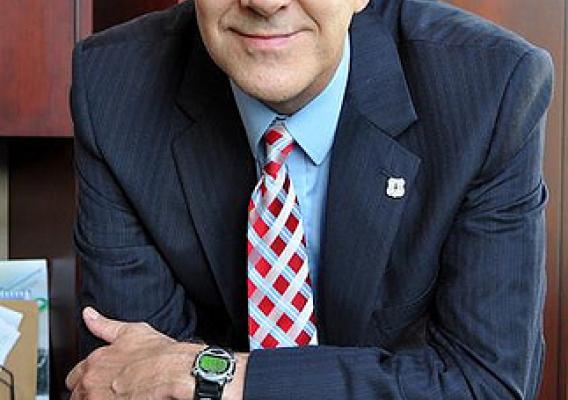We face multiple risks every day as resource managers. We are pretty good at intuitively understanding the likelihoods of different hazards, the uncertainties around them, and their potential impacts on the resources we value, and we use this understanding in our resource management decisions. But the risks we manage are rapidly changing with the climate. Sustainability can no longer presume stationarity. To sustain the benefits of our forests and grasslands, our risk management approach itself must adapt to changing means and extremes. We may have to become even better at the techniques and principles of risk management. Our experience and intuition will only take us so far in a rapidly changing world.
Risk can be defined as exposure to a chance of loss. Losses can be ecological, social, or economic, expressed in absolute terms or in a sense of failure to reach a goal or a desired condition. The link between exposure and loss is vulnerability, shaped by the likelihood and magnitude of hazards (stressors) and by the sensitivity of resources to stressors and its capacity to cope with and recover from stress. Understanding exposures, vulnerabilities, and losses and taking actions to reduce losses within the limits of financial and organizational capacities is the discipline of risk management. Risk management can allow us to capture opportunities as well as reduce or avoid losses. A stressor event – fire, epidemic, flood, landslide – can create opportunities for transition to more resilient conditions, for retreat from high exposure zones, or for learning to avoid similar losses in other places.





